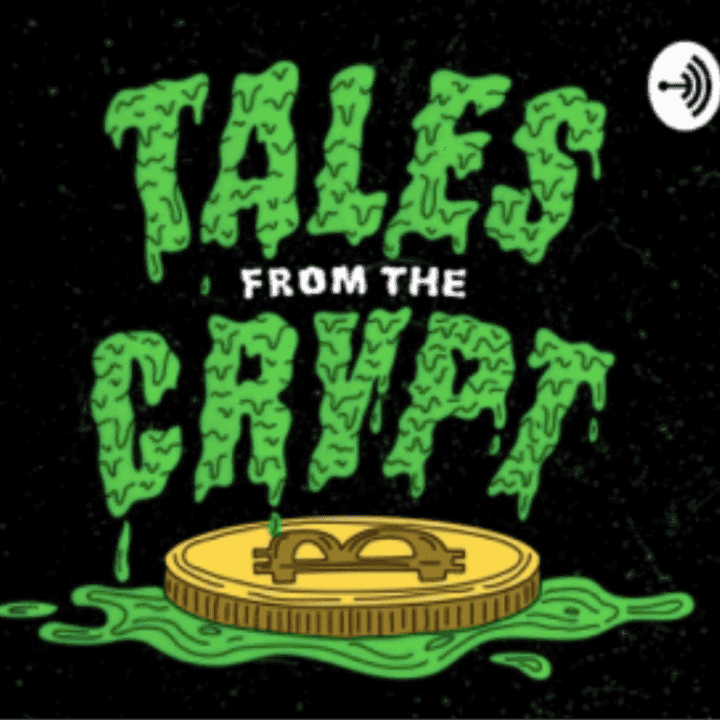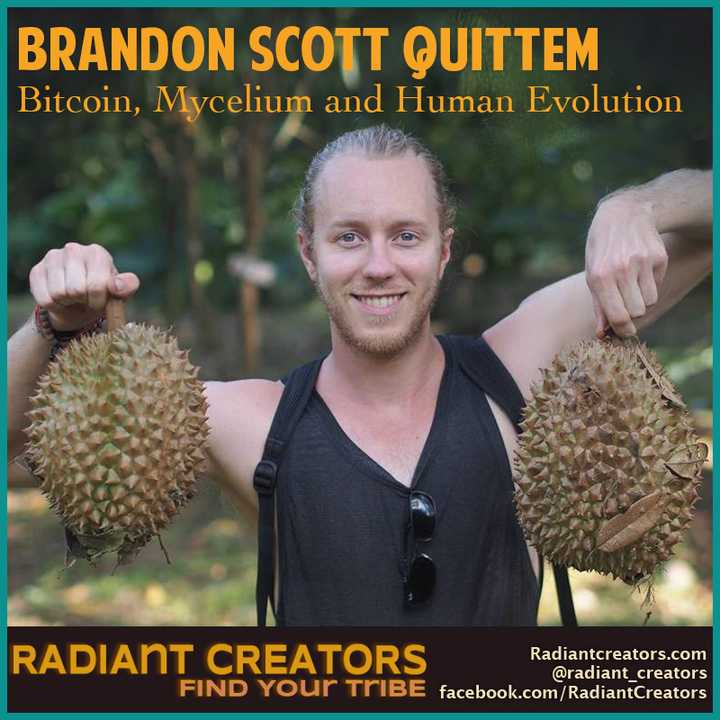Other Selected Media Appearances
- John Fungiflora: Mycelial Money
- Citizen Bitcoin: Bitcoin Culture Wars and The Bitcoin-Fungi Analogy
- Konsensus Network: What do Mycelium, Bitcoin, and Starfish have in common?
- The Total Connector: Bitcoin is Here to Stay
- Protocol Podcast: I believe Satoshi was a Mycologist
- Bitcoin Magazine: Bitcoin is a Decentralized Organism
- Pynk Tank: How Bitcoin is like a Mushroom
Writings on Bitcoin
Bitcoin Culture Wars: What Doesn’t Kill You Only Makes you Stronger
There seems to be considerable confusion around Bitcoin’s governance model. In this article, I’m attempting to shine a light on Bitcoin’s informal governance which is often called a “culture war.” We’ll explore “in-fighting” in the Bitcoin community, lessons learned from failed forks, and highlight a few rarely discussed benefits of Bitcoin’s informal governance including minimizing the attack surface, refining the core message, and lowering the user acquisition cost.
Read on MediumBitcoin Investment Sites
Bitcoin investment sites, also known as exchanges or “onramps,” are an important part of the industry. Onramps provide an easy way for people to buy and sell Bitcoin with their local currency. In the last year, we’ve seen a new class of trusted onramps that focus specifically on Bitcoin, the only cryptocurrency that really matters.
Read on Swan SignalBitcoin Wallets: How, Why and When to Hold Your Own Private Keys
Although it seems like a straightforward question, there is a surprising amount of nuance to consider. How much Bitcoin do you have? How often do you plan to spend it? Are you confident your keys are more secure with you than with a regulated custodian’s cold storage? Answering these questions will help determine the right solution for you.
Read on Swan SignalBitcoin is a Decentralized Organism (Mycelium)
This mirrors the decentralized consensus (social contract) formed in bitcoin. Nodes determine what software they wish to run and enforce the consensus rules they support accordingly. Miners determine which transactions to include in blocks. Exchanges, wallets, and merchants each steward large groups of users. Each participant in bitcoin voluntarily chooses how they wish to participate and the aggregate consensus represents the network.
Read on MediumBitcoin is a Decentralized Organism (Mycelium)
This mirrors the decentralized consensus (social contract) formed in bitcoin. Nodes determine what software they wish to run and enforce the consensus rules they support accordingly. Miners determine which transactions to include in blocks.
Read on MediumEach time Bitcoin survives a cultural skirmish, it’s better prepared for future battles with increasingly more at stake.
Biography
Brandon Quittem is an entrepreneur, writer, and speaker broadly focused on the intersection between biology and technology. He believes Bitcoin is an evolutionary catalyst with untold potential. His articles have been read by more than 2 million people online. Most well known for exploring Bitcoin through the lens of decentralized network organisms such as mycelium. Naturally curious, he prides himself on knowing a little bit about everything.
Brandon is available as a guest to cover a broad spectrum of topics, including:
- Exploring Bitcoin as a digital super-organism (mycelium)
- What can Evolutionary Biology teach us about money, culture, and humanity
- Demographics and cyclical trends: looking back to look forward
- Intersection of biology and technology
- Cognitive liberty and the Psychedelic Renaissance
Quotes
Just like fungi colonizing dry land was the catalyst for biological evolution on terra, Bitcoin is a catalyst for human evolution.
Each time Bitcoin survives a cultural skirmish, it’s better prepared for future battles with increasingly more at stake.
Bitcoin is an idea, and ideas are eternal.




